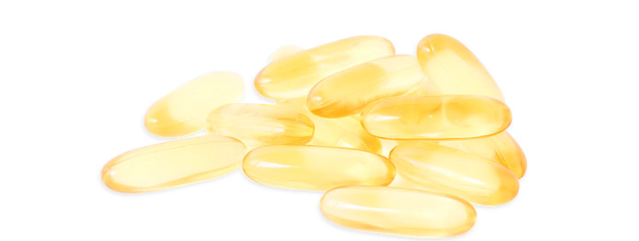Do Omega 3 Supplements Heal a Traumatic Brain Injury?
With a family history of heart disease, I decided to err on the side of caution and started taking omega 3 supplements years ago. I had read that they are good for your heart, and help regulate cholesterol. But I did not know about the greater benefits packed within the glycerin coating.
The brain, consisting of more than sixty percent fat, is the fattiest organ in the body. Twenty percent of that number is comprised of an omega 3 fatty acid called DHA, or docosahexanoic adic. DHA is found in the central nervous system and is believed to help maintain optimal brain function, reduce inflammation, and increase fluidity within cell membranes. Recent research shows that omega 3, primarily DHA and EPA (another fatty acid that helps reduce inflammation) are both beneficial in the treatment of traumatic brain injuries. Since the pathology of a TBI involves cellular destruction and death, researchers have concluded that omega 3 can help mitigate that process. But, as research tends to go, more studies are needed to look closely at the benefits and risks of treating TBIs with omega 3.
Of course, it’s always better to choose foods rich in omega 3 rather than taking supplements, because those foods contain other nutritional benefits such as protein. EPA and DHA are mostly found in fatty fishes like salmon. ALA, or alpha-linoleic acid, is another omega 3 found in plant sources such as nuts and seeds.
Here’s the disclaimer: Though the FDA has approved medications with omega 3 to treat high levels of triglycerides, they do not approve the use of nutritional supplements to treat TBIs. Because there are not enough scientific studies to prove the effectiveness and safety of omega 3, the FDA explicitly warns consumers to avoid supplements that have been marketed to prevent, treat, or cure TBIs, including concussions. Of greatest concern is that athletes who have sustained a concussion will take omega 3, believing the supplement will hasten their recovery, then return to the field sooner than they should. Over the past few years, sports guidelines related to concussions have been updated, and clearly note that the first ten days after injury is the period of time posing the greatest risk for sustaining another concussion.
I am not a physician, nutritionist, or pharmacist, and don’t pretend to be an expert on nutritional supplements, so if you are considering taking omega 3 for a TBI, I encourage you to do your research, and, of course, speak with your doctor (please accept my apologies if I sound like a pharmaceutical commercial). But, if you are curious by nature and must know where to learn about omega 3 dosing for a TBI, click here.
Cheers to a healthy brain!


Recent Comments